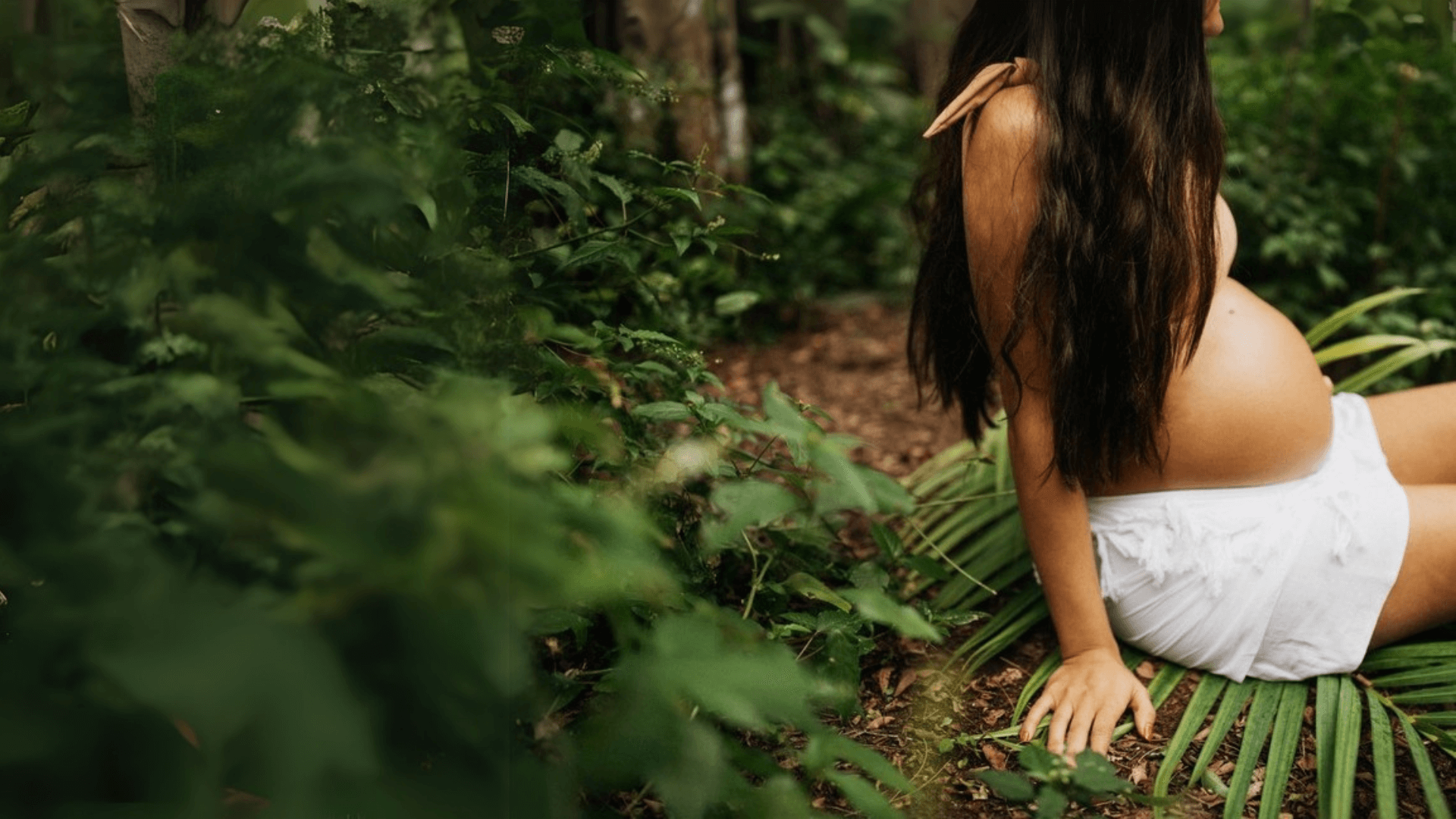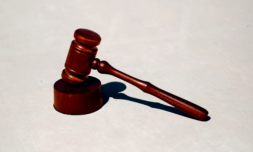In 2019, a Midwifery Restriction Law was imposed in Hawaii. It demanded certain midwife licensure requirements such as undergoing a costly training course that not only necessitated further travel outside of the Hawaiian archipelago, but which also sought to westernise or else eradicate all together traditional practices. This law effectively criminalised the use of traditional and Indigenous pre and post-natal practices.
In response to this law, the Hawaiian government initially offered an exception for those recognised as “birth attendants” (including but not exclusively signifying fully trained midwives), however, this exemption expired in 2023.
Since none of the educational programs in Hawaii, such as the Law eras apprenticeship model (used by native Hawaiians and midwives for years) meet these law requirements, many midwives who’ve already been through traditional training have had to travel thousands of miles away from the archipelago in order to be re-educated through western programs.
I can’t help but see the similar plight of pregnant people seeking an abortion in America having to travel, sometimes illegally, across state lines in order to exercise their own right to bodily autonomy. Since the overturning of Roe v. Wade, one in five patients now seek out of state abortions, according to a 2023 Guttmacher article.
Those who practice, teach, and learn traditional Native Hawaiian maternal, pre, and post-natal healing practices have even been threatened with prison time and fines, preventing many trained professionals from practising. This has, of course, had a detrimental impact on the availability of support and medical resources for those who need it.
These practices include pale keiki (“to deliver a child”), hoʻohānau (“to bring forth a baby”, a practice traditionally used in relation to the application of medicines intended to induce premature childbirth) and hānau (“to give birth”).
Native Hawaiian and Other Pacific Islander people are already 4.5 times more likely to die from pregnancy-related causes than white people. Rather than alleviating inequalities, restrictions on midwifery and reproductive access have had harmful impacts for pregnant people in Hawaii.
Not only this, but the livelihoods and education of midwives and doulas (a non-medical professional who provides emotional, physical, and informational support to a person during pregnancy, labor, birth, and the postpartum period) have also been cast into jeopardy.
Ki‘inaniokalani Kaho‘ohanohano, a fully-trained midwife and lead plaintiff in the lawsuit, has lamented having to turn away members of her family and community as a result of these grave restrictions. She also expressed her fear over the loss of ike kupuna “ancestral knowledge”.
Fortunately, last week part of this Midwifery Restriction Law was temporarily blocked by a Hawai’i state court after a lawsuit was filed by the Center for Reproductive Rights, the Native Hawaiian Legal Corporation, and the law firm Perkins Coie on behalf of nine midwives.
Thanks to this ruling by Judge Shirley M. Kawamura, midwives and practitioners in Hawaii can now resume traditional practices gained through knowledge from kūpuna (“elders”) without fear of prosecution or financial precarity.
Both the student and fully trained midwives who acted as plaintiffs in the lawsuit have also expressed their gratitude that they’re now able to resume their commitment to their community through traditional and cultural practices, as well as passing this knowledge onto future generations.
As one of the first major legal challenges countering the perceived threat to Native Hawaiian healing practices, its passing coincides with similar calls for Indigenous self-governance in Hawaii following the Maui wildfires of August 2023.
Although this certainly isn’t the end of the fight for full autonomy for people’s reproductive rights in America, it’s a victory worth celebrating.

[A special thanks to Hillary Schneller, the Senior Staff Attorney at the Center for Reproductive Rights, whose report provided large parts of the information used in this article].





















